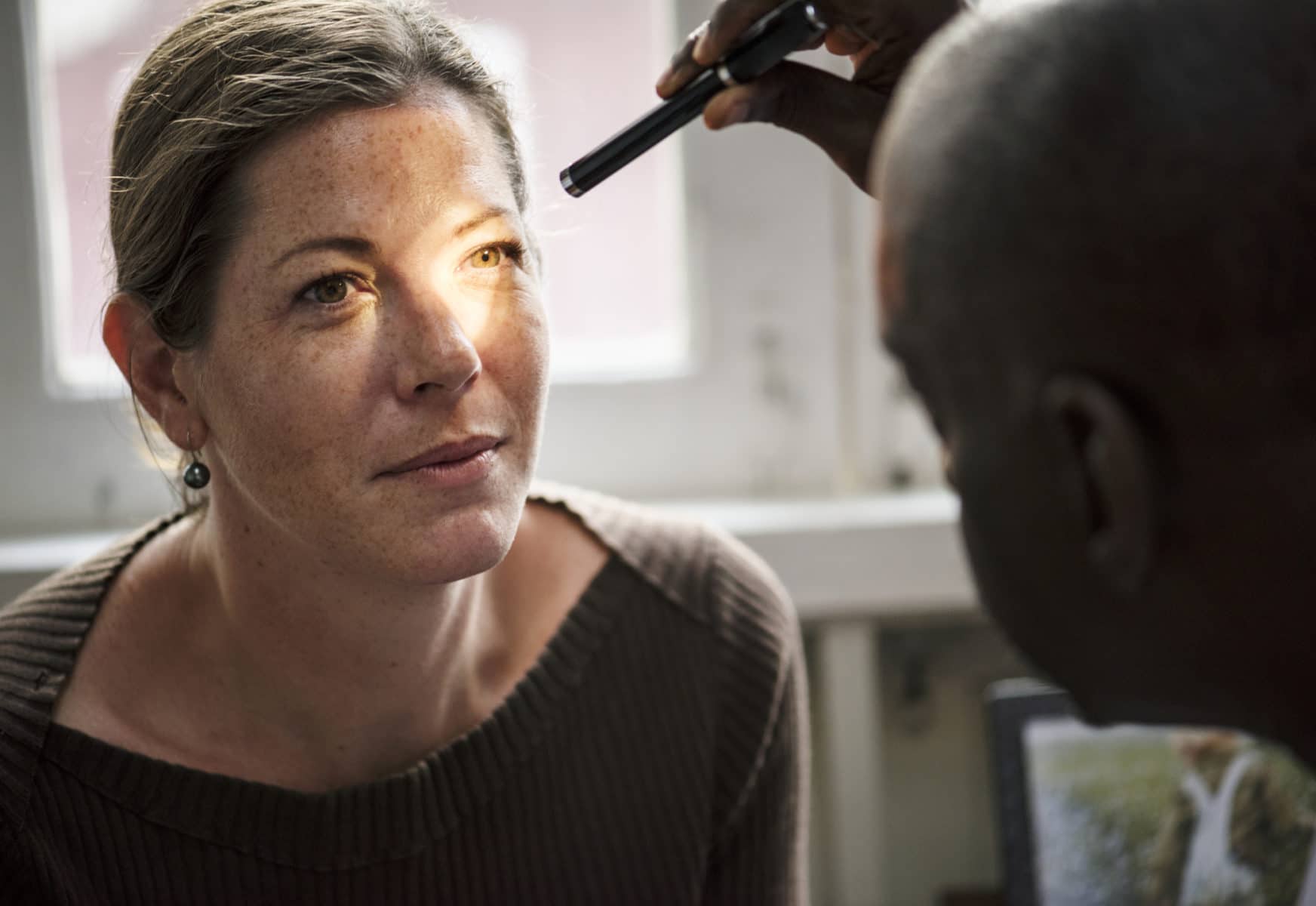There are many factors at play that can make women more susceptible to eye diseases than men are. Many women are not aware of their increased likelihood of experiencing vision problems, which often means they aren’t seeking adequate preventative care.
Factors that Make Women More Susceptible to Eye Diseases
There are a variety of reasons why women are more likely to have eye-related health conditions than men. Some of these reasons include:
- Length of lifespan: Quite simply, women tend to live longer than men. Overall, women are more likely to develop eye diseases related to advanced age. These may include age-related macular degeneration or glaucoma, which cause permanent vision loss. Women are also at a greater risk for cataracts, which require surgery to repair the damage.
- Hormones: Pregnancy, birth control, and menopause can impact women’s eye health. Pregnancy, in particular, can lead to high blood pressure, dry eye, and light sensitivity. Hormones in birth control pills can cause vascular changes, indirectly contributing to vision problems.
- Medications: Statistically, women take more prescription and over-the-counter drugs than men. Many of these medicines carry serious eye-related side effects.
Preventative Care
While the top risks for eye diseases in women are age-related, there are preventative measures that can help reduce the risk of serious eye problems:
- Comprehensive eye exams: Women should have a comprehensive eye exam before the age of 40. A comprehensive eye exam may take upwards of an hour and includes tests for depth perception, eye movement, and color blindness. The comprehensive eye exam also screens for glaucoma, a serious age-related eye condition. Your eye doctor might recommend other vision tests as well, based on your risk factors.
- Physical exams by a primary care doctor: While your local eye doctor can check the health of your eyes, you should consult with a primary doctor to analyze other health issues that have the potential to affect your vision. Diabetes, lupus, and rheumatoid arthritis are just some of the diseases that can cause eye problems.
- Eating a healthy diet: Vitamins C, E, zinc, and omega-fatty acids contribute to good eye health. These micronutrients help prevent vision loss related to eye diseases. Micronutrient intake is particularly important during pregnancy.
- Ditching cigarettes: Smoking greatly increases your risk of age-related macular degeneration and cataracts.
- Wearing sunglasses: Sunglasses with 100% UV protection will help protect your eyes from the sun’s rays, which are known to damage eye tissue.
Other ways to promote eye health include sanitary contact lens and cosmetics handling. Women should also learn their family eye-health history, and take any supplements as recommended by their doctor.
Many effects of eye diseases can be avoided or lessened by proper eye care and preventative interventions. Make your vision a priority — schedule a visit with an eye care professional, and encourage all the women in your life to do the same!
Comments are closed.




